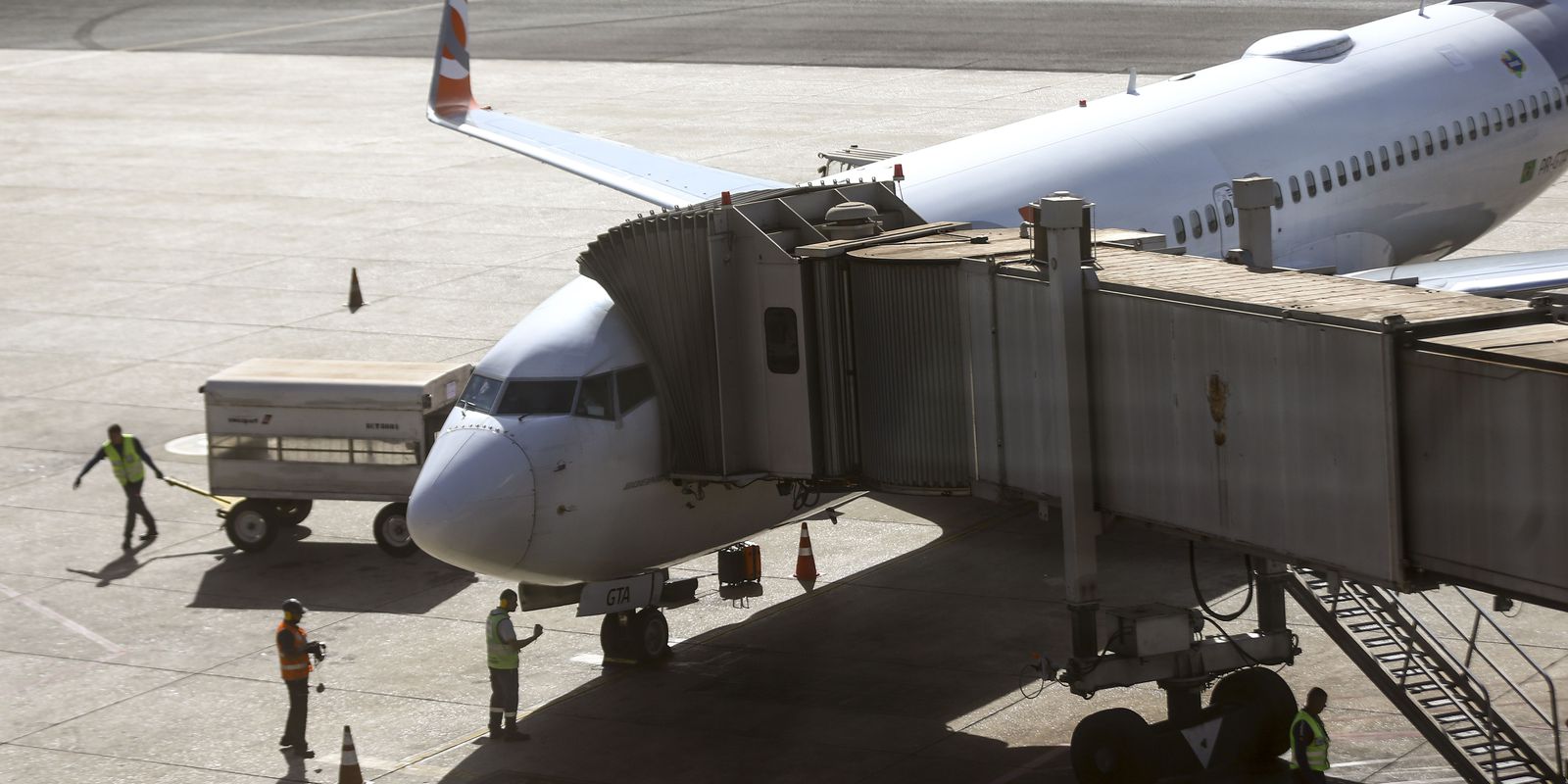The Minister of Economy, Sergio Massa, announced on Monday a preferential dollar, zero-rate credit lines and access to the Productive Recovery and Support program (Repro) for the Andean productive sector affected by inclement weather.
“All regional economies that enter the Fair Prices program and adhere to a protection program for local producers will have access to a differentiated exchange rate”pointed out Massa during his visit to Mendoza.
The head of the Palacio de Hacienda launched the protection plan for regional economies in an act that he shared, among others, with the governor of Mendoza, Rodolfo Suarez; the national senator, Anabel Fernández Sagasti; the Secretary of Federal Coordination and Agricultural Operations, Jorge Solmi; and the president of the National Institute of Agricultural Technology (INTA), Mariano Garmendia.
Regarding access to a differentiated dollar for exportsspecified that it will be in force “between November 20 and December 30, in a scheme similar to the one adopted last September for the soybean chain”
He explained that, as a condition to access the benefit of the differentiated exchange rate, those interested must “enter the Fair Prices program” and “producer protection.”
The minister clarified that this promotion program for the regional economies must be endorsed with an “agreement between producers and exporters, to avoid that the incentives do not remain as profitability for the exporters.”
The minister’s battery of announcements includes the granting of two credit systems: one at a zero rate for 18 months and another longer one with a grace period.
“We are launching two credit systems. One of them will be at a zero rate with a term of 18 months, which is the productive cycle of these regional economies, and they will be granted by the Banco Nación and the Banco de Inversión y Comercio Exterior (BICE). “Mass said.
The other line of credit provides for a rate “of 48%, with 18 months of grace, that is to say that payment begins from installment 19, with which they will be returning it when the production process ends.”
The minister also indicated that there will be Transfers of Non-Refundable Contributions (ARN) for $1,500 million to each of the Andean provinces affected by the frost.
On the other hand, Governor Suárez asked him to reduce “between 40% and 50% the electricity rate for the next 18 months”, within the framework of the benefits granted by the “social rate”.
“When we make the effort, we all enjoy it more as a society. I see here representatives of different political lines, even some libertarian, which shows that when the situation is critical we can get together,” the minister emphasized.

In this regard, after admitting the fears generated by the climate emergency, he assured that producers “will have access to the Repro Program to sustain employment.”
The set of fiscal and credit measures announced by Massa will be implemented after the decision of the Mendoza government to decree a state of emergency and agricultural disaster.
According to estimates by local officials, the affected production would be 10,000 hectares of vineyards and 10,000 of fruit trees, although the survey will end with the receipt of complaints and the audits carried out by Climate Contingencies.
The low temperatures generated irreparable consequences for many crops in the North, East, Center and South oases.
“It is not only the fruit that was damaged, but also the rest of the plant cells can suffer long-term consequences.”, they pointed out in the provincial government.
From the provincial economic portfolio they reported that the measure will reach 135 districts, distributed in 15 departments of the province.
“When we have between 50% and 79% of losses, it is called an agricultural emergency; and when they go from 80% to 100%, we are already talking about a disaster. Right now, in Mendoza, we have several disaster areas,” provincial officials admitted.









